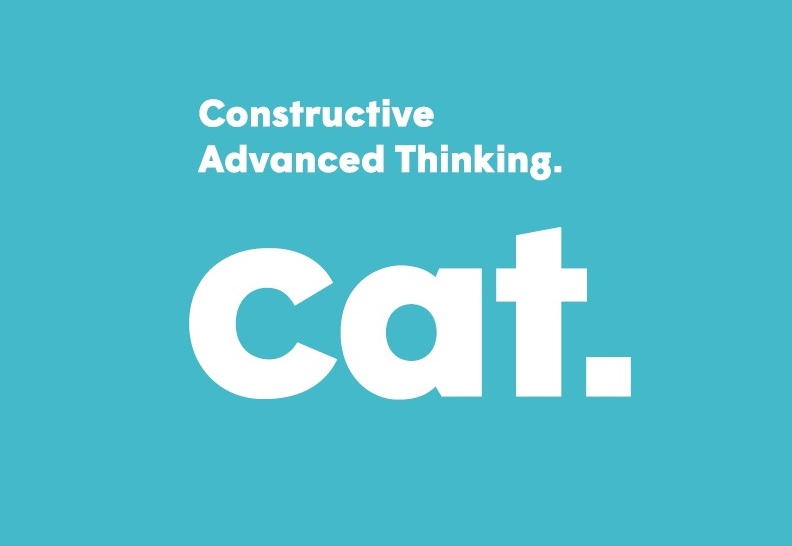Lyndon Burford
Lyndon Burford is a nuclear weapons policy researcher and visual artist from Aotearoa-New Zealand, with a background in film theory and production. His work focuses on how the politics, psychology, and technologies of nuclear weapons systems intersect with broader societal power structures, existential threats, and harms caused by the testing and development of nuclear weapons.
He joins the Paris IAS in October 2024 for a group research stay as part of the CAT collaborative program, working with researchers Kjølv Egeland, Heba Taha, Tom Vaughan, and Jana Wattenberg.

Research Interests
Nuclear disarmament, national identity, nuclear disarmament verification, societal verification, Web3 / blockchain
Theories of Change and Nuclear Disarmament
(Collaborative project, awarded a NetIAS Constructive Advanced Thinking grant, 2021-2024)
Key Publications
Burford, Lyndon, “Decentralized Security: Using Blockchain and Environmental Monitoring Technologies to Help Eliminate Nuclear Threats and Harms,” Horizon 2045, April 2024, https://www.dropbox.com/scl/fi/o0pqgluou3tdkw0qk6fg5/Horizon-2045-Decentralized-Security.pdf?rlkey=k4kxn16hbmfyy5o6tsbk49fbt&dl=0.
Burford, Lyndon, The Trust Machine: Blockchain in Nuclear Disarmament and Arms Control Verification (London, UK: Centre for Science & Security Studies, King’s College London, October 2020), https://www.kcl.ac.uk/csss/assets/the-trust-machine-report.pdf.
Burford, Lyndon and Kate Dewes, “New Zealand and Disarmament: Where National and Global Interests Converge,” in Small States and the Changing Global Order: New Zealand Faces the Future, ed. Anne-Marie Brady (Springer, 2019).
|
|
|
|
|
|
